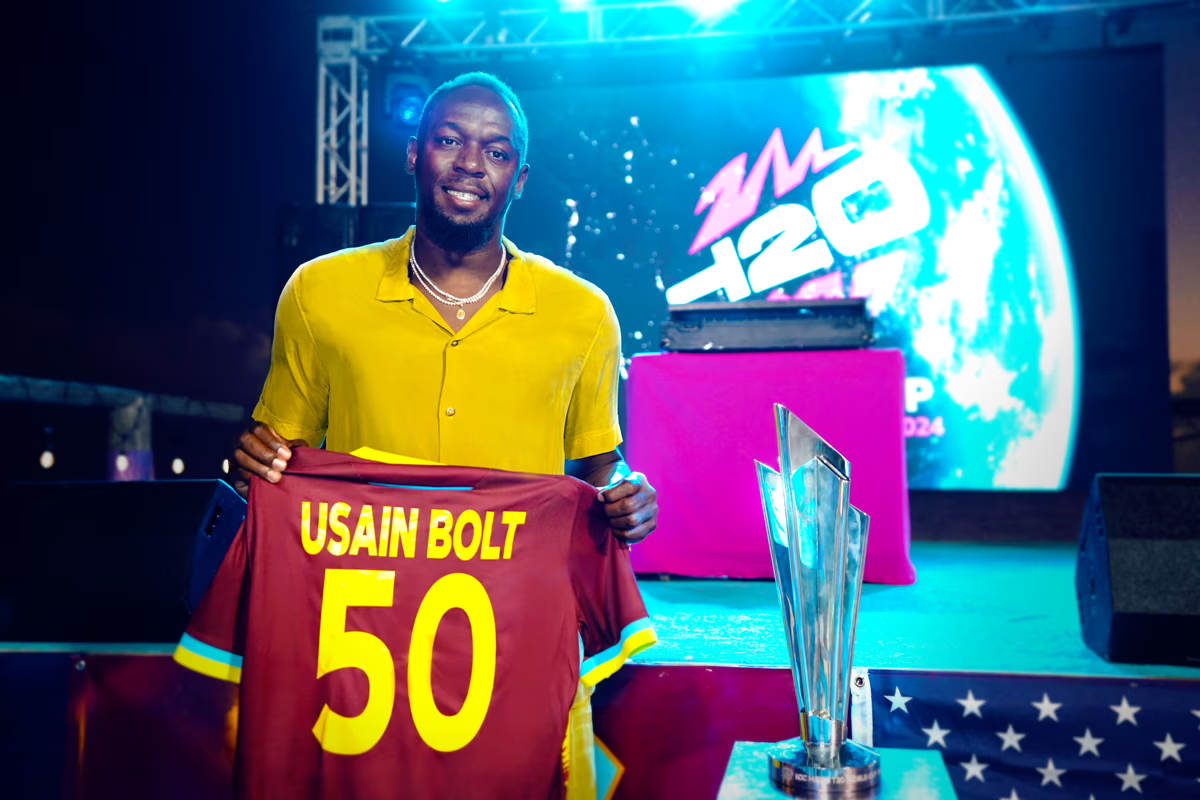Oral Hearings on jurisdiction in the case of the long-running border controversy between Guyana and Venezuela are set for March 23, 2020, but Guyana will be the only country participating in this legal process.
This is according to Foreign Secretary at the Foreign Affairs Ministry, Carl Greenidge, who recently told the media that both parties (Guyana and Venezuela) were required to submit a response signalling their participation in the proceedings but to date, only Guyana has done so.

“Meaning that if they intend to be participating with the exercise, they would have had to notify the registrar of the Court by 20th of November [2019]. As far as I am aware that has not been done by the representatives of Venezuela and, therefore, for purposes of the oral hearing, I believe that only Guyana would be participating. We are for our part in the process of working on this exercise.”
He stated that a plethora of meetings and discussions have been held by the Guyanese representatives since February this year and are still ongoing to ensure that the legal team is apprised and well equipped to state their case.
“There was a meeting with the lawyers again in October this year and in between those meetings, there have been meetings of the domestic team. That is the team with our foreign lawyers, and there would be at least two other meetings at the technical level, before March 23 so it is a process, consulting with findings documentation, examining the proposed presentations and so forth. We are making progress there, the domestic team recently met just on Thursday.”
Meanwhile, he pointed out that to date, he could not give an average cost of the expenses that Guyana has incurred to prepare for this legal battle with representatives from the Spanish speaking neighbour.
According to a recent statement from the Ministry of Foreign Affairs, the International Court of Justice (ICJ) has notified Guyana that hearings will be held in The Hague, the Netherlands from March 23 to 27, 2020.
This will determine whether the Court has jurisdiction over the case filed by Guyana on March 29, 2018, to obtain from the Court a final and binding judgment that the 1899 Arbitral Award, which established the location of the land boundary between then-British Guiana and Venezuela, remains valid and binding. Also, it will determine whether Guyana’s Essequibo region belongs to Guyana, and not Venezuela.
Guyana brought its case to the Court following the decision by the Secretary General of the United Nations in January 2018, that the World Court should decide the controversy between Guyana and Venezuela. In taking his decision, the Secretary General was exercising the power vested in him in the 1966 Geneva Agreement between Guyana, Venezuela and the United Kingdom to decide how the controversy should be settled.
A US$18 million signing bonus was received by the Guyanese Government from ExxonMobil in 2017 and was placed into the Consolidated Fund before it was used to make any payments – particularly to Attorneys who will be fighting the Venezuela Border Controversy case at the ICJ.
“That bonus, wherever it is would be placed into the Consolidated Fund and it is from that fund that any team whatsoever will be paid whether they are working or worked before or work after,” former State Minister, Joseph Harmon had posited last year.
However, when probed as to when this will be done, Harmon had asserted that that action is left up to the Finance Minister, Winston Jordan. He confidently stated that the Minister will do so when it is time.
The existence of the oil bonus – which was placed in a private account by Government – and the renegotiated oil agreement with the United States oil giant was kept a secret until December last when evidence of the transaction was leaked in the media.
Prior to that, the Finance Minister had said the bonus never existed.
After mounting criticism, President David Granger subsequently defended the secrecy by saying it was the thing to do at the time.
Government then continued to defend its move to not deposit the signing bonus into the Consolidated Fund by saying that it was holding the money to pay legal fees for Guyana should it have to take its border case with Venezuela to the ICJ.
























